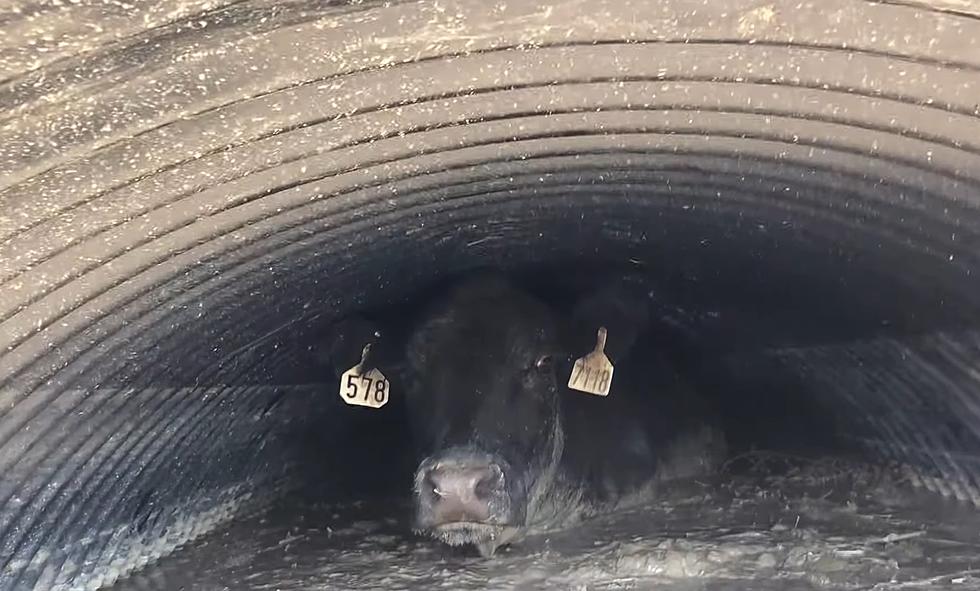
UW Awarded $1.5 Million for Maternal Obesity Research
The National Institutes of Health has awarded a 1.5 million dollar grant to the University of Wyoming to study ways to reduce maternal obesity.
Stephen P. Ford is the director of the University of Wyoming’s Center for the Study of Fetal Programming. He says that funding comes as a way of combating the obesity epidemic in the country.
“The NIH is funding this research to find ways to stem the progressively increasing occurrence of obesity, now classified as a disease, in the U.S. and around the world,” says Ford, who holds the Rochelle Endowed Chair in the Department of Animal Science. “It is a lot less expensive to prevent this disease than to treat all of the obesity-associated metabolic diseases once an individual becomes obese.”
The NIH reports that obesity not only causes health problems during pregnancy, but increases the chances for diseases in children and grandchildren. These include overeating, insulin resistance, obesity, type 2 diabetes, hypertension and cardiovascular disease.
The grant will go to support Ford's ongoing research that has previously demonstrated that pregnant sheep can be used as a model in human obesity studies. According to Ford, lambs born to these sheep can exhibit the same problems as human babies.
Ford works closely with the center’s co-director, Peter Nathanielsz, a medical doctor and clinical researcher who also directs activities at the Center for Pregnancy and Newborn Research the University of Texas Health Sciences Center, San Antonio. They were the first to report that, as with women, lambs born to lean, normal-weight mothers exhibit an increase in the fat hormone leptin during the first week after birth. This leptin surge sets the appetite-regulating centers in the brain within a normal range, in turn controlling an animal’s appetite throughout life.
In contrast, this leptin surge is absent in both human and sheep offspring born to obese mothers, leading to increased appetite, obesity and associated metabolic diseases in later life.
More From KGAB









